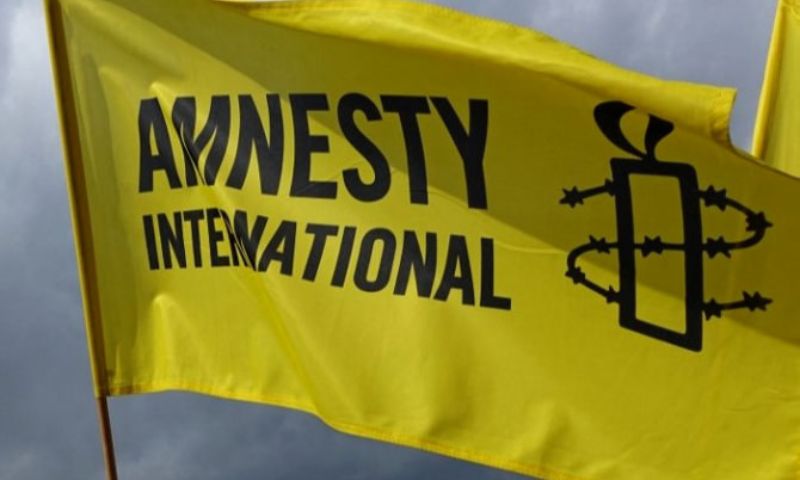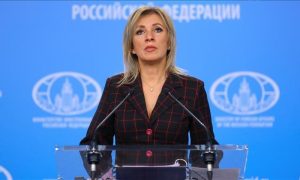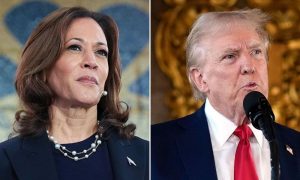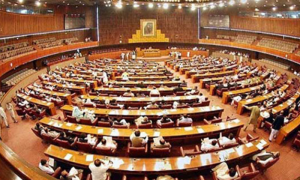NEW YORK: Amnesty International has accused India of utilizing recommendations from a global money-laundering watchdog as a “draconian” tool to silence civil society groups, activists, and critics. The human rights organization’s statement on Wednesday highlighted concerns about the Indian government’s alleged harassment of government critics within civil society and media organizations under Prime Minister Narendra Modi’s Hindu-nationalist administration, a charge that the government vehemently denies.
Amnesty International asserted that the recommendations of the Paris-based Financial Action Task Force (FATF) were being exploited to introduce “draconian laws aimed at stifling the non-profit sector” and obstructing organizations from accessing funding. The FATF, consisting of 39 member countries, including India since 2010, is mandated to combat global money laundering and terrorist financing.
Critics argue that Modi’s government has exerted pressure on rights groups by subjecting their finances to intense scrutiny and imposing restrictions on foreign funding. “Under the pretext of combating terrorism, the Indian government has leveraged the Financial Action Task Force’s recommendations to strengthen its arsenal of financial and counter-terrorism laws, which are frequently misused to target and silence critics,” remarked Aakar Patel, Chair of Amnesty International India.
India Revokes Licenses of Over 20,600 NGOs
According to a report, India has revoked the licenses of over 20,600 non-governmental organizations (NGOs) in the past decade, with nearly 6,000 of these cancellations occurring since 2022. In 2020, Amnesty International was compelled to suspend its operations in India after its bank accounts were frozen.
ALSO READ: Amnesty Accuses Eritrean Troops of War Crimes
The Indian government defended its actions, accusing Amnesty of engaging in “illegal practices” related to the transfer of “substantial amounts of money” from Amnesty UK to India.
Journalists critical of the government have also voiced grievances about increased harassment, both on social media platforms—where Modi’s ruling party wields significant influence—and in the physical world.
India’s handling of civil society organizations and media freedom has drawn attention and raised concerns among international human rights organizations, who have called for greater respect for freedom of expression and association within the country.























